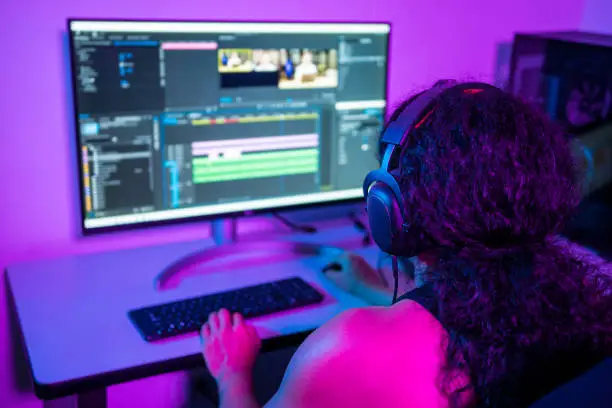The media world is like a river, always moving and shifting, and understanding parental control has become a real need. It isn’t just a matter of keeping things black and white; it’s a tangled web of choices that parents have to wade through. And right in the middle of all those TV shows and channels, MTV’s “Parental Control” has found its own special spot. It’s more than just another reality show; it’s a roller coaster of emotions and family connections. And it’s not just me who thinks so – with folks searching for it 3600 times in the USA and a keyword difficulty of only 9, it’s pretty clear that folks are taking notice. Let’s delve into what makes this show intriguing and why parental control in the world of MTV has become so vital.
A New Reality Television Concept
MTV’s “Parental Control” is not your typical reality show. Airing in the mid-2000s, it provided parents unhappy with their child’s current romantic partner the opportunity to select new dates for them. With the camera rolling, hilarity, drama, and often unexpected emotions unfolded.
Why the Show Resonated
Perhaps one of the reasons “Parental Control” resonated with audiences was its uncanny reflection of real-life parental concerns. In a world where choosing a life partner can be overwhelming, the show portrayed parents’ desire to guide their children’s choices, albeit in an exaggerated and entertaining way.
Parental Control in Modern Media
Beyond the show, the term “parental control” has broader implications in the media world, especially with MTV’s diverse content. Parents today face the challenge of navigating a digital landscape filled with content that might not be suitable for younger audiences.
With tools and settings that allow parents to restrict certain content, parental control has become a must-have feature in modern television. It helps ensure that children are exposed to age-appropriate material, aligning with the family’s values and beliefs.
The Impact of MTV’s Parental Control
Conclusion
“Parental Control MTV” served as an engaging reality show, but its legacy goes beyond mere entertainment. It opened up conversations about relationships, family dynamics, and the crucial role of parental guidance in the digital age.
With the rise of various media platforms, the need for parental control has never been more pronounced. Whether through a reality show or through tools that restrict content, parental control continues to be an essential part of our media consumption.
While the show itself may no longer air, the lessons and reflections it provided continue to resonate, making it a timeless piece of pop culture history.



